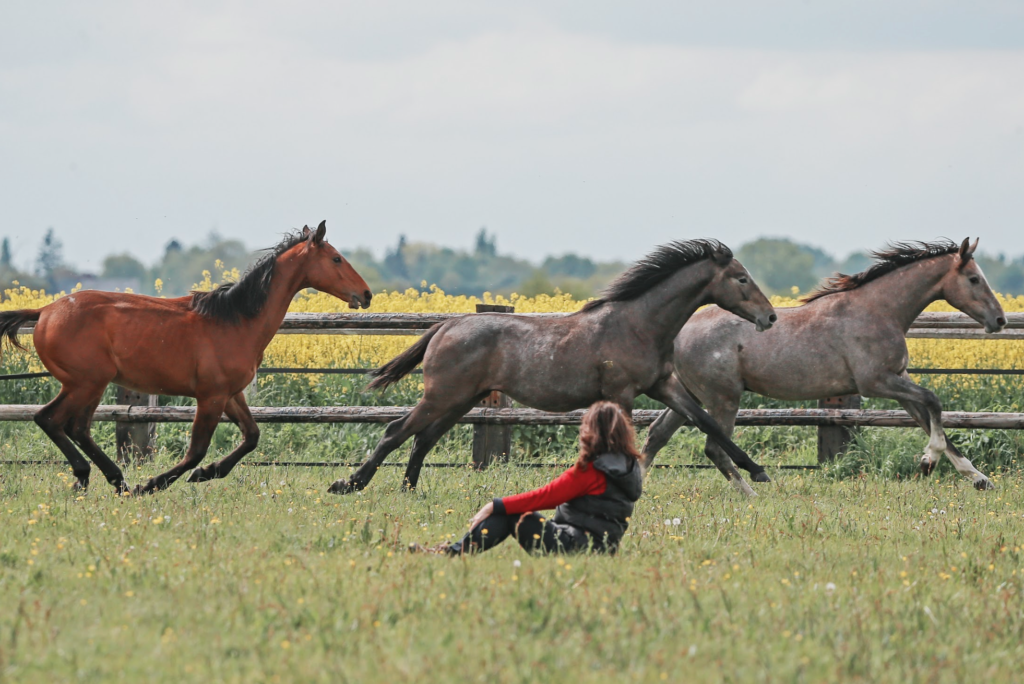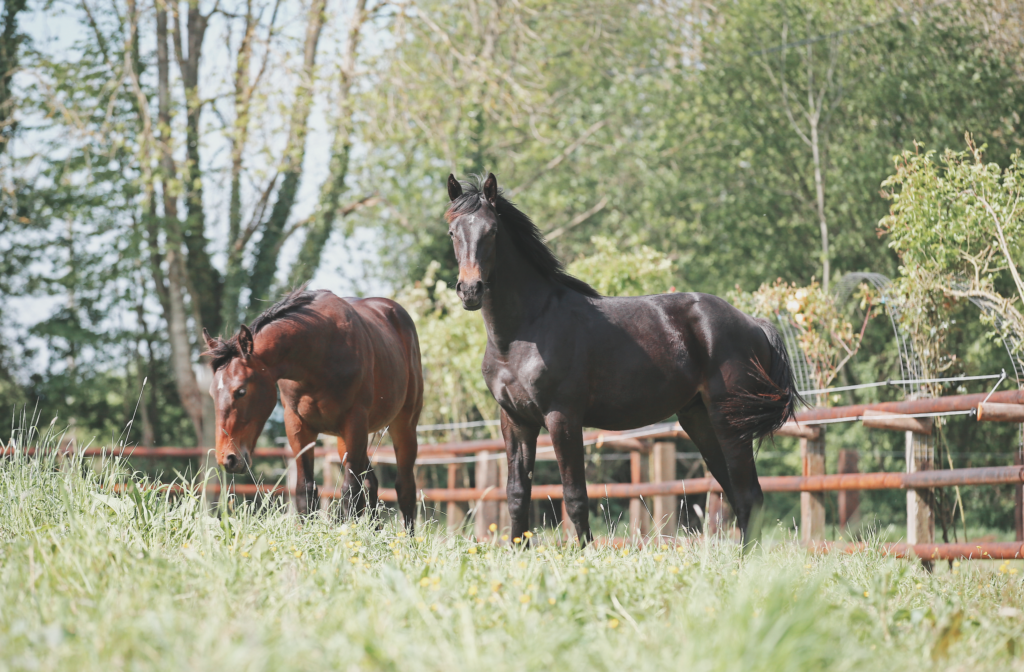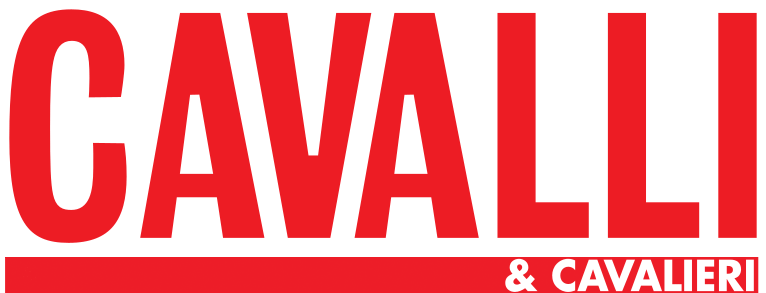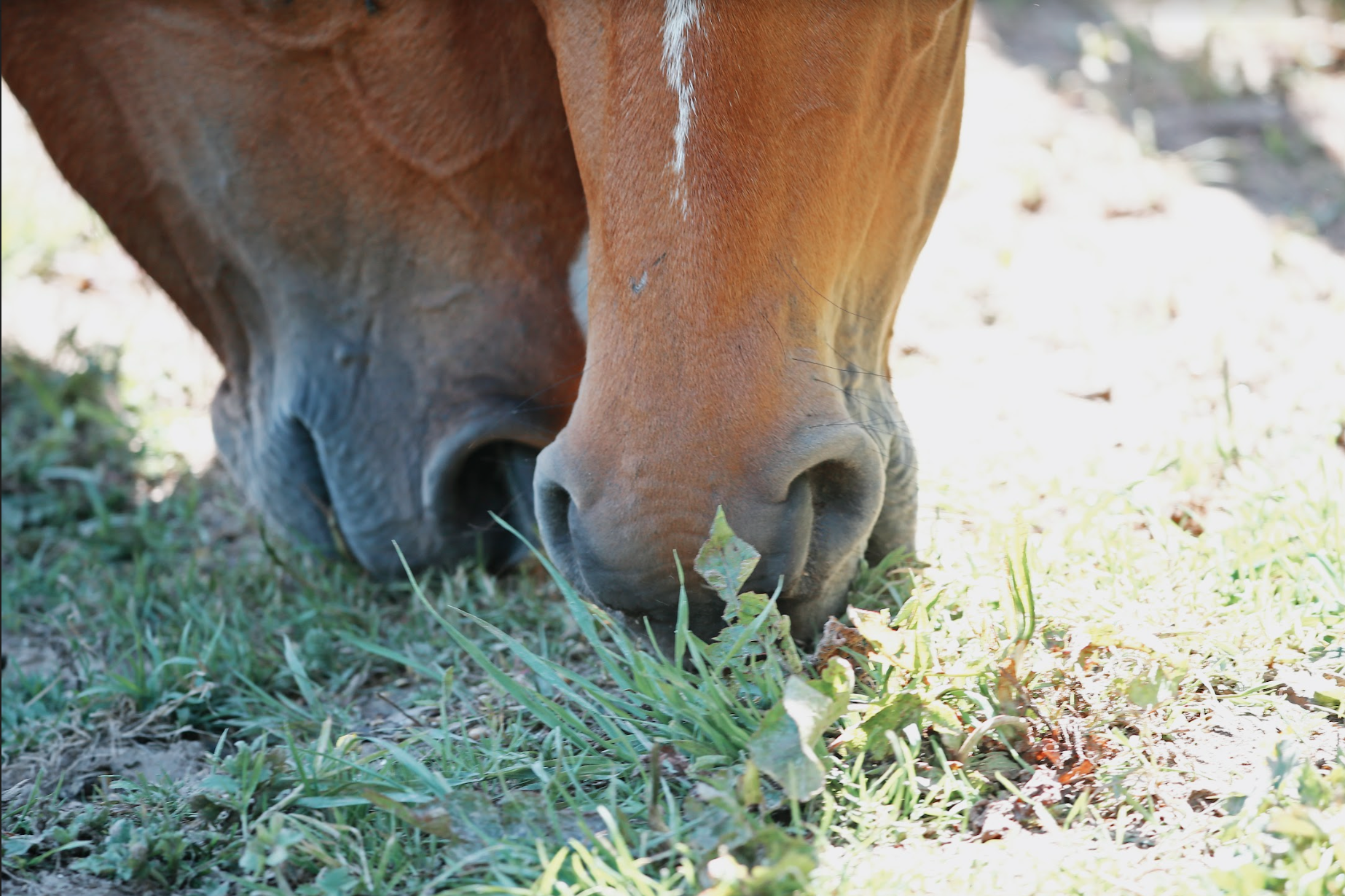Health depends on the intestines
Rules for avoiding problems so common in horses
All horses are at risk of gastrointestinal problems with colic being the most common. No horse is free from such problems, not even those that live in natural and healthy conditions out at grass.
However, in certain situations these problems are more frequent for reasons that can be traced back to these predispositions:
- Individual ones: there are horses with a predisposition linked, for example, to adhesions of the digestive tract, ligament laxity or particular anatomical factors that make the work of the intestine more complex.
- Acquired: linked, for example, to the presence of parasites or presence of intestinal tumours such as strangulating lipomas.
- Management-linked: these certainly include mistakes made in feeding horses or a lack of respect for some of the needs for wellbeing such as the freedom to move, socialise and graze continuously.
- Stress-linked: competitions, transport, long or unsuitable training sessions are just a few of the stressful factors that can expose horses to colic.

The last two conditions are above all the most frequent ones and the ones on which for better or for worse we can act quickly. A sudden change in routine can have very serious effects on intestinal health.
The intestine is a sensitive ecosystem because micro-organisms are very fragile and delicate. They make up the microbiome, i.e. the group of microbes that live in symbiosis with their host. These billions of micro-organisms are different and unique to each animal and work constantly to ensure a correct balance that not only leads to the extraction and digestion of nutrients, but also controls the immune response and metabolism in general and therefore the individual horse’s health.
The intestinal microbiome and the immune system communicate in synergy, helping the body to remain healthy.
Health is also the result of intestinal balance: excellent digestion consists in the correct micro-organisms and involves fewer problems, mental balance and good immunity.
The microbiome
Horses could not survive without the microbiome. Nutrition is essential in caring for the microbiome and supporting the immune system.
The microbiome must be well-nourished: in fact, it can only work when horses are fed a diet ideally rich in top quality fibre.

Good quality fodder is at the basis of intestinal activity. It must be provided in suitable amounts and distributed often in small quantities so that horses do not spend too much time without eating.
Choosing quality feed is also essential, but this is often not enough. In order to deal better with the various daily changes arising from sports activiy, but even from simple changes of season and stable routine, horses require support for the health of their intestines.
The use of specific supplements based on prebiotics and probiotics can make all the difference.
Adding probiotics can be beneficial in counteracting hyperacidity of the intestine. Their action is enhanced when they are added to the diet at the same time. Probiotics are coupled with prebiotics, which favour the growth of good microorganisms at the expense of harmful ones. Furthermore, supplements may contain postbiotics, i.e. products obtained from bacterial fermentation, which are raw materials rich in bioactive substances.
Rules for intestinal health
- Quality fodder: healthy and nourishing hay. In some cases it is all right to choose haylage. It is important not to change types of fodder too quickly.
- Feed: choose feed specifically made for your horse’s needs. Avoid too many starch concentrates. In general 1kg of cereal per meal three times a day is well tolerated by all horses, but some require smaller amounts.
- Good energy: choose feeds that provide slow-release energy such as fibre and fat. The right mix of energy sources helps reduce risks associated with over-concentrated diets and allows greater energy sources for different exercising conditions.
- A little and often: don’t leave horses without food for too long.
- Do not suddenly change feed or fodder.
- Only use top quality raw materials.
- Use supplements to help the intestines work allowing the microbiome to remain balanced.
Mental health
When the intestine microbiome is altered the horse is not relaxed. Some studies have in fact explained that there is a relationship between the intestinal microbiome and high levels of physical and mental stress. Stereotypes and aggressiveness, horses that find it hard to be relaxed, present variations in the microbiome’s balance, confirming the existence of microbiome-intestines-brain axis.




